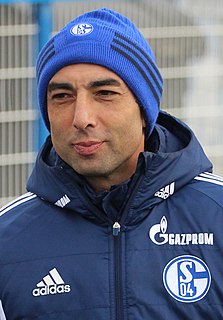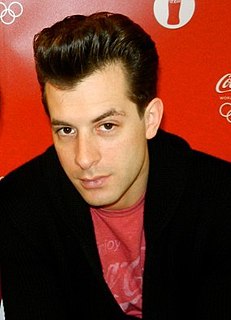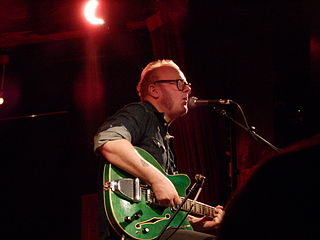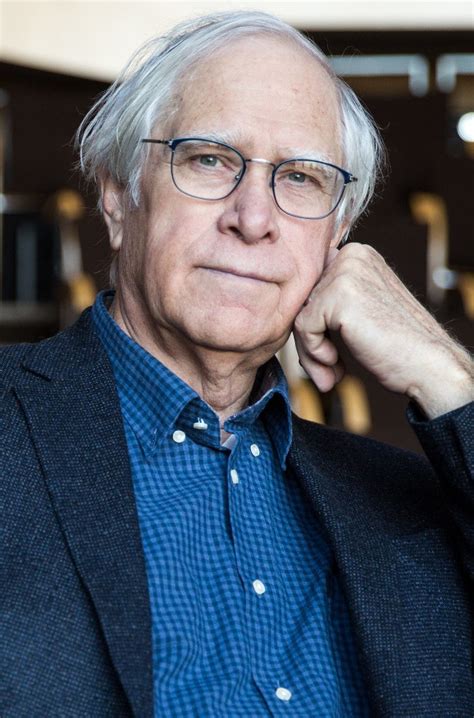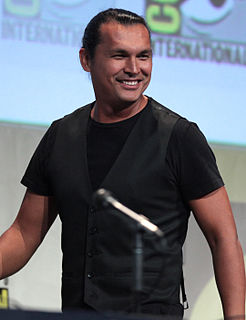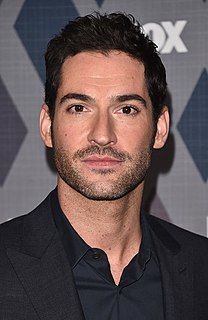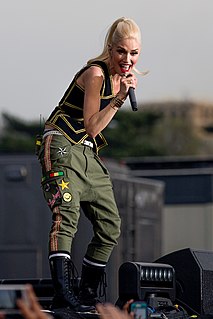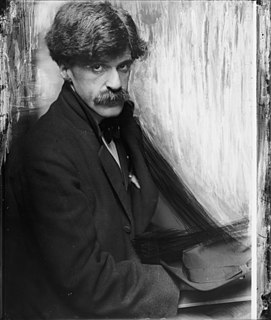A Quote by Henry Cavill
I suppose that when I'm building a character, it's usually related to what their family is like and who their parents are, as well as how I grew up - that nurture side.
Related Quotes
I've been a fortunate girl: I grew up in a family that loved me from day one. I feel well grounded and lucky from that. So everything else is a bonus, because I grew up in this family that I adored, and adored me, and I think when you have that, you are already ahead of the game in the sense of how you feel about yourself.
I was born on the other side of the tracks, in public housing in Brooklyn, New York. My dad never made more than $20,000 a year, and I grew up in a family that lost health insurance. So I was scarred at a young age with understanding what it was like to watch my parents lose access to the American dream.


